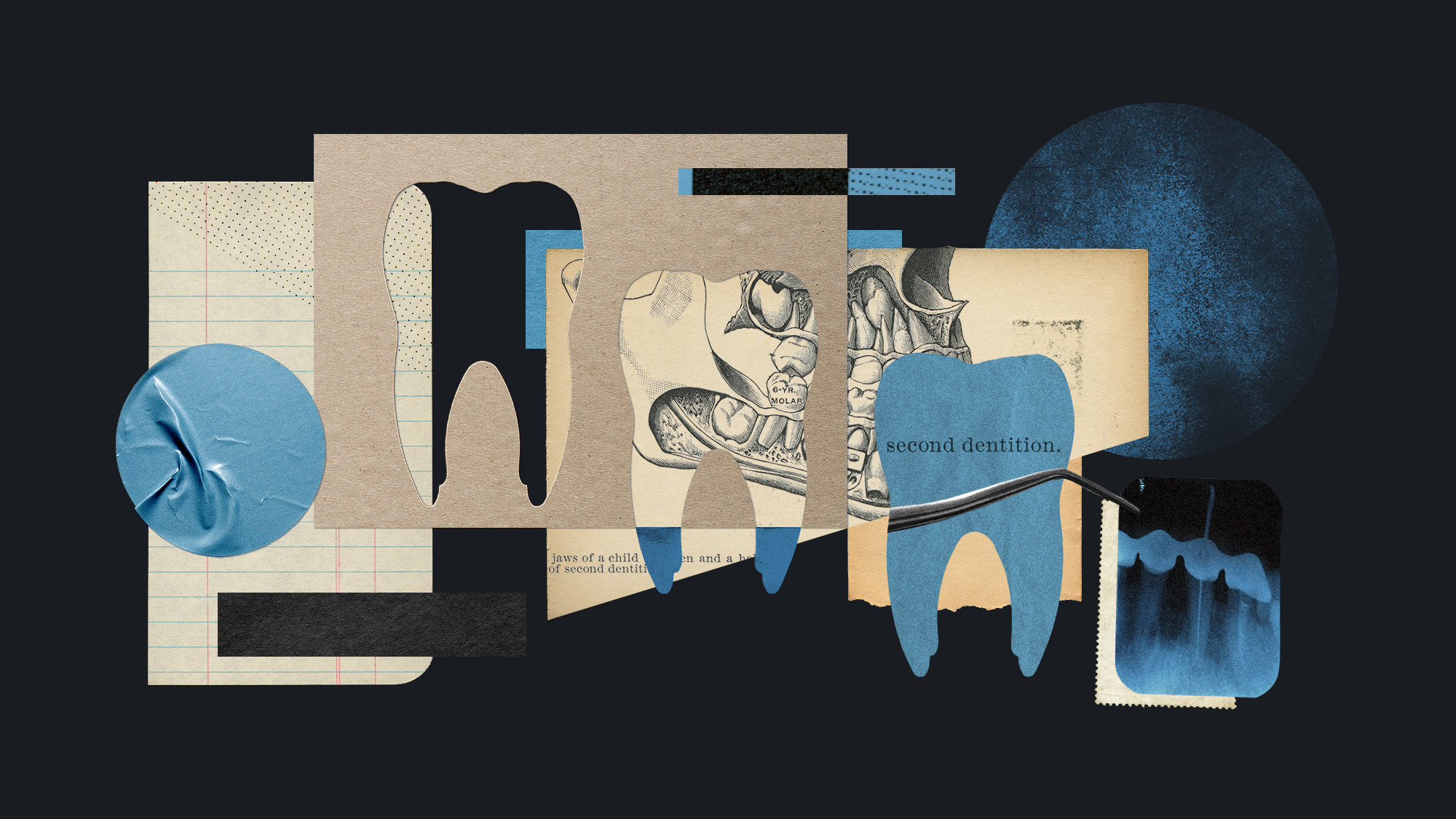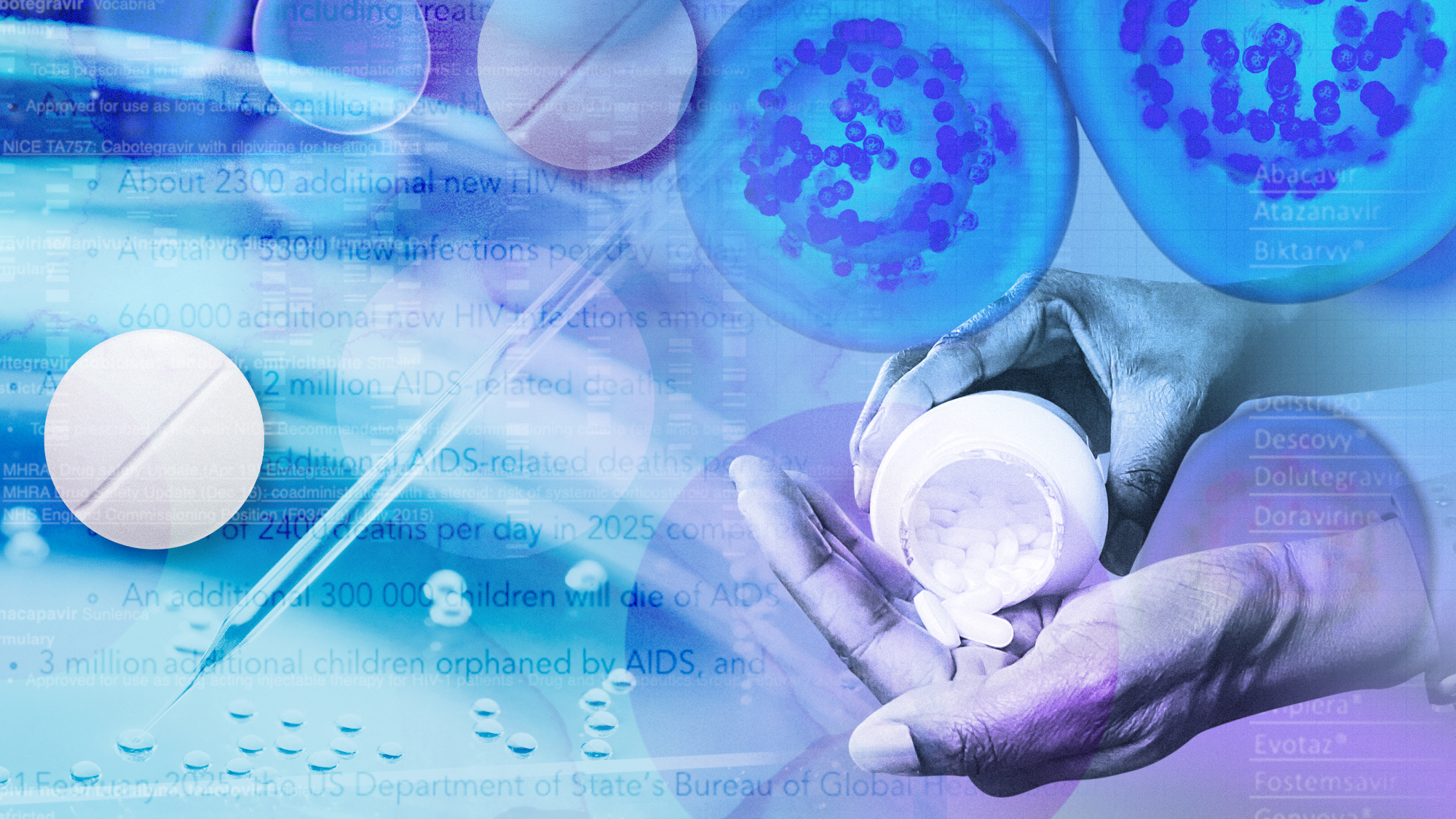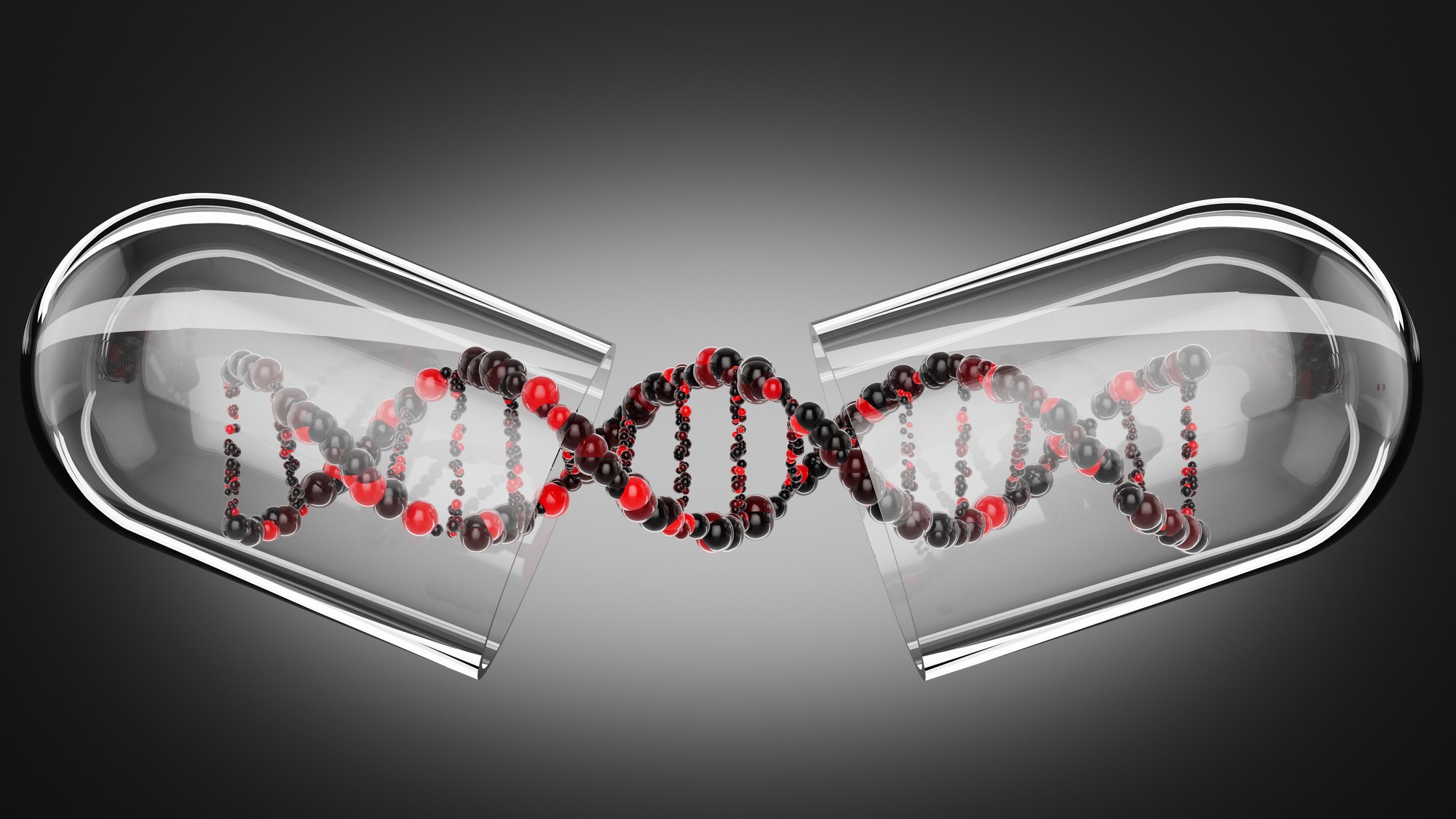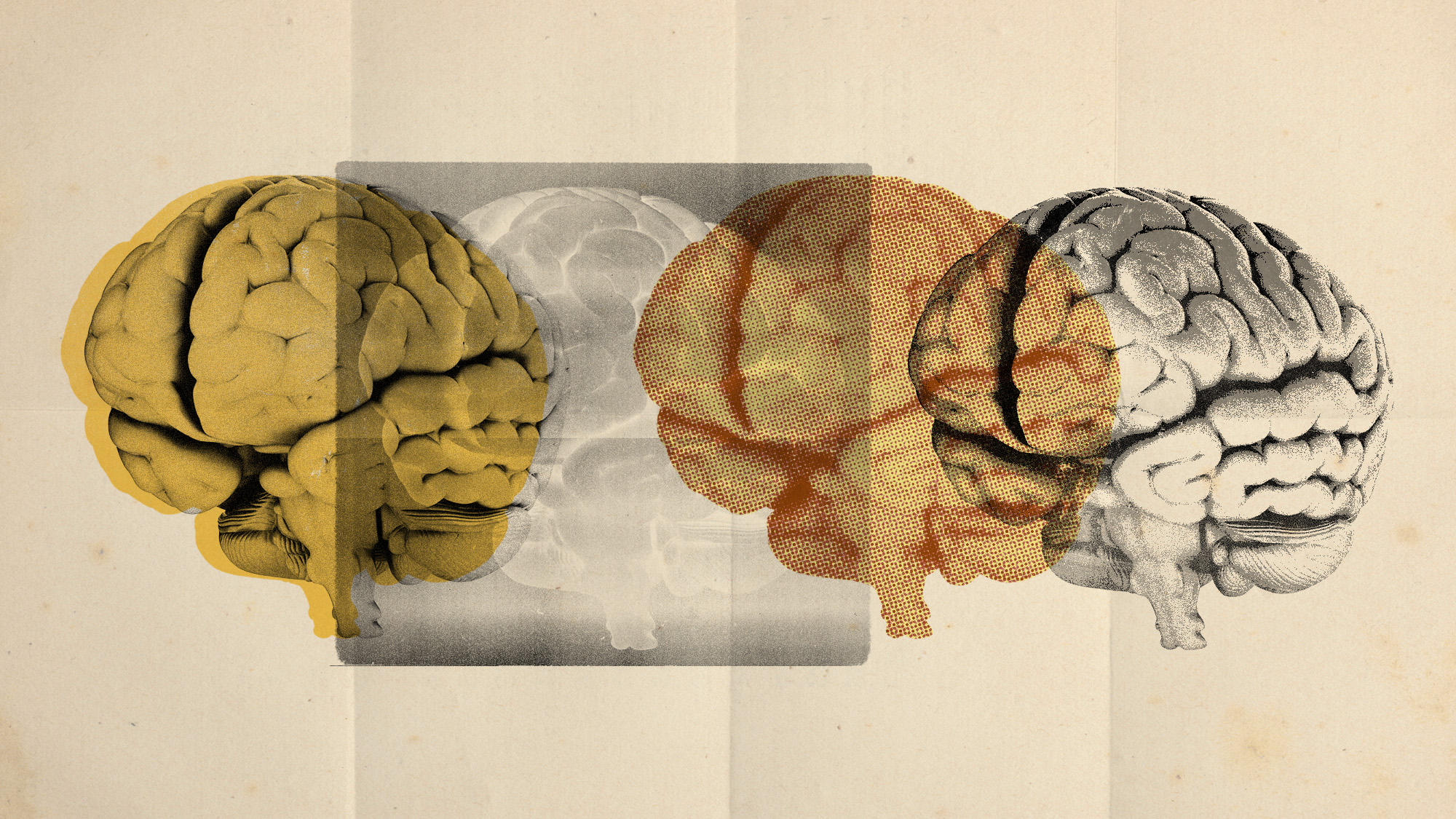The science behind regrowing missing teeth
A series of recent breakthroughs may offer those with dental issues something to chew on

A free daily email with the biggest news stories of the day – and the best features from TheWeek.com
You are now subscribed
Your newsletter sign-up was successful
A pioneering new drug that could eventually help people regrow missing or damaged teeth has begun clinical trials in Japan.
If successful, the "groundbreaking medication" may be a "game-changer for the entire field of dentistry", said Japanese daily The Mainichi.
'A third set'
Unlike many species such as reptiles and fish, humans grow only two sets of teeth in their lifetime: the first as a baby and then a second permanent set for adulthood. The premise of the new drug is that "humans once had the ability to grow a third set" and "still possess the buds" necessary to regrow them, reported Discover Magazine.
The Week
Escape your echo chamber. Get the facts behind the news, plus analysis from multiple perspectives.

Sign up for The Week's Free Newsletters
From our morning news briefing to a weekly Good News Newsletter, get the best of The Week delivered directly to your inbox.
From our morning news briefing to a weekly Good News Newsletter, get the best of The Week delivered directly to your inbox.
The team, led by Katsu Takahashi, head of the dentistry and oral surgery department at the Medical Research Institute Kitano Hospital in Osaka, identified a protein called USAG-1 which was found to limit tooth growth. A new antibody medicine that blocked the protein's function was tested on mice in 2018, with hugely encouraging results.
A trial is now under way to test whether the drug is safe and effective for use on humans. It will initially be aimed at treating children aged two to six with anodontia, a hereditary condition believed to affect around 0.1% of people, which causes wide gaps between teeth that make it hard to chew food. Researchers hope to roll the drug out to the wider public by 2030.
'Filling in the gaps'
Nearly 7% of people over the age of 20 worldwide have lost all their teeth, rising to 23% of those over 60, according to the World Health Organization. For these people, right now the "options are pretty much the same as they have been for millennia: artificial replacement", said New Scientist. But "it turns out there are a few ways to successfully regrow a lost tooth".
One method, developed at Tufts University, Massachusetts, uses a cotton wool-like "scaffold" to seed a mix of dental cells from humans and pigs, reported the journal Stem Cells Translational Medicine. Cultivated in a lab, these could be implanted to fill a gap left by a lost tooth "within 20 years", said The Telegraph.
A free daily email with the biggest news stories of the day – and the best features from TheWeek.com
Another method involves trying to trick cells into behaving like embryonic stem cells. In 2023, scientists from the University of Washington School of Dentistry succeeded in creating proteins that form dental enamel. Professor Hai Zhang, co-author of the study, called this a "critical first step" in the development of stem cell-based dental treatments, said science news website EurekAlert!.
Earlier this year, scientists from King's College London managed to grow a tooth under laboratory conditions. Xuechen Zhang, a final-year PhD student at the Faculty of Dentistry, Oral and Craniofacial Sciences, said lab-grown teeth "would naturally regenerate, integrating into the jaw" in the same way as real teeth. "They would be stronger, longer lasting, and free from rejection risks, offering a more durable and biologically compatible solution than fillings or implants."
Although this breakthrough may still be a "long way from filling in the gaps in anyone's mouth, researchers say it is filling in the gaps in research", reported the BBC.
-
 Colbert, CBS spar over FCC and Talarico interview
Colbert, CBS spar over FCC and Talarico interviewSpeed Read The late night host said CBS pulled his interview with Democratic Texas state representative James Talarico over new FCC rules about political interviews
-
 The Week contest: AI bellyaching
The Week contest: AI bellyachingPuzzles and Quizzes
-
 Political cartoons for February 18
Political cartoons for February 18Cartoons Wednesday’s political cartoons include the DOW, human replacement, and more
-
 Growing a brain in the lab
Growing a brain in the labFeature It's a tiny version of a developing human cerebral cortex
-
 Metal-based compounds may be the future of antibiotics
Metal-based compounds may be the future of antibioticsUnder the radar Robots can help develop them
-
 The stalled fight against HIV
The stalled fight against HIVThe Explainer Scientific advances offer hopes of a cure but ‘devastating’ foreign aid cuts leave countries battling Aids without funds
-
 RFK Jr. sets his sights on linking antidepressants to mass violence
RFK Jr. sets his sights on linking antidepressants to mass violenceThe Explainer The health secretary’s crusade to Make America Healthy Again has vital mental health medications on the agenda
-
 How medical imposters are ruining health studies
How medical imposters are ruining health studiesUnder the Radar Automated bots and ‘lying’ individuals ‘threaten’ patient safety and integrity of research
-
 Scientists are speeding up evolution
Scientists are speeding up evolutionUnder the radar Proteins can evolve in minutes
-
 Scientists have identified 4 distinct autism subtypes
Scientists have identified 4 distinct autism subtypesUnder the radar They could lead to more accurate diagnosis and care
-
 The genetic secrets of South Korea's female free-divers
The genetic secrets of South Korea's female free-diversUnder The Radar Unique physiology of 'real-life mermaid' haenyeo women could help treat chronic diseases